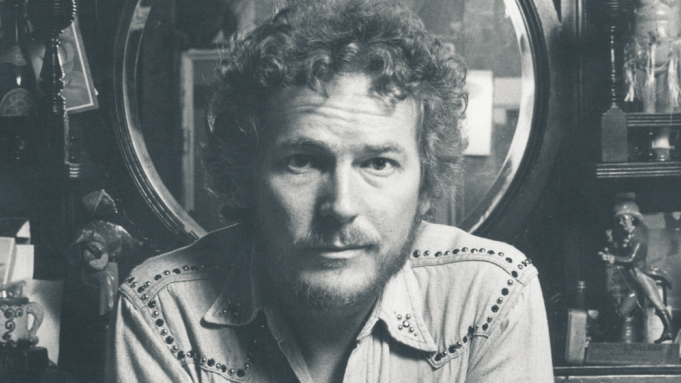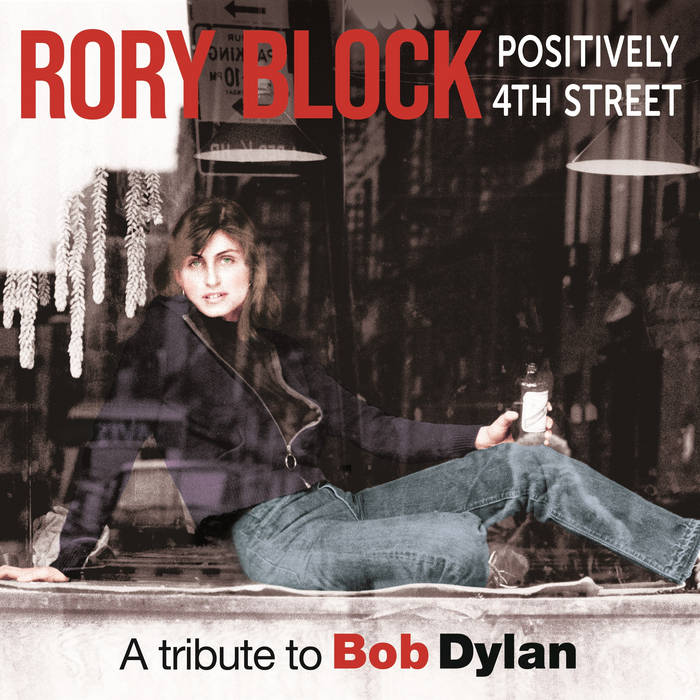
“If the word ‘troubadour’ can be applied to twentieth century music at all, then Gordon Lightfoot is a troubadour and perhaps the last one we will ever know. His rich lyrical style paints a tapestry of imagery with simple but beautiful melody lines.”
This introduction to the 1979 production of the PBS series Soundstage captured the essence of the legendary singer/songwriter. Gordon Lightfoot was one of eleven Solo Legacy Artists inducted into the Folk Americana Roots Hall of Fame (FARHOF) over the weekend of April 19 and 20, 2024.
Those familiar with Lightfoot’s rich, warm baritone vocals may be surprised to learn he first rose to prominence in his native Canada as a boy soprano. He was born in Orillia, Ontario, on November 17, 1938. In 1951 and 1952 he won first place as a soprano at the Kiwanis Music Festival held at Toronto’s Massey Hall. He would go on to play at Massey Hall 170 times over the next 60-plus years.
Lightfoot’s next venture on his musical journey was a member of a barbershop quartet known as the Collegiate Four. The venture, though successful, was short-lived. Lightfoot’s voice changed from soprano to baritone. Since the group already had a baritone, Gordon was out. His musical journey did not end there, however.
He would appear as part of the Singin’ Swingin’ Eight on the Canadian Broadcasting Corporation’s (CBC) Country Hoedown. With Terry Whelan, he formed the Two Tones, an Everly Brothers-inspired duo. It was in 1962 when Lightfoot began doing solo gigs.
He started honing his songwriting chops during this time. He wrote his first song at seventeen, a composition entitled “The Hula Hoop Song” after the craze that had kids twirling hoops around their waists, arms, and necks. Lightfoot would recall the song decades later and say with a laugh that at the time he honestly thought it would be a “hot song.” It wasn’t. Still, when he pitched the song directly to BMI, Harold Moon, an executive of the performing rights organization, told him to keep writing. Lightfoot was encouraged by the advice and did just that.
“Early Morning Rain” was one of Lightfoot’s earliest and best efforts. It was inspired by time spent in Los Angeles attending Westlake College of Music in Hollywood. “Some nights, we didn’t have much to do and weren’t far from the airport,” he would recall later, “so we’d drive out and stand and watch the airplanes landing and taking off. I like doing that kind of thing. And one time it was raining like crazy, a real steady downpour like they sometimes used to get out in Los Angeles.”
Ian & Sylvia, Peter, Paul, and Mary, Judy Collins, and The Kingston Trio all recorded and released “Early Morning Rain” before Lightfoot’s recording was released. It would be one of several Lightfoot songs that were recorded and gained popularity through other artists. These songs included “For Lovin’ Me,” “Ribbon Of Darkness,” and “The Way I Feel.” Lightfoot was popular in his native Canada but was not so well known as an artist in the United States. That would change in April of 1970.
“If You Could Read My Mind” was a giant leap forward in songwriting for Lightfoot. Full of vivid imagery, heartbreaking honesty, and a sense of loss coupled with loneliness, the song compares events in his failing first marriage (to Brita Olaisson) to a ghost movie and a paperback romance novel. The line “Heroes often fail” acknowledges he shared blame for the divorce.
And while Lightfoot’s professional life appeared to be flourishing, both his professional and especially his private life were becoming more and more troubled. He was missing important meetings such as the one to announce the signing of a five-year, one million-dollar deal with Warner/Reprise Records in August 1968. He would battle against his growing alcohol consumption for decades. Perhaps the low point in his battle with the bottle was in Saratoga Springs on August 17, 1982. Drunk and despondent on stage, he tearfully told the audience he could not continue the concert after less than thirty minutes. Shortly after the Saratoga incident, his drinking not only cost him his audience but the end of a second relationship with Cathy Coonley and his nine-month-old son, Eric, as well.
Lightfoot realized his addiction was destroying both his personal life and his professional life as well. The estrangement from his son particularly hit him hard. “That snapped me right out of it,” he later recalled. He needed help to quit drinking but he put in the work to do so.
He never tried to deny his faults and, in fact, incorporated not only his aspirations but also his shortcomings into song. Lightfoot told tales of loneliness, troubled relationships, the itch to roam, drunken revelries, and the majesty of the Canadian landscape. His songs are replete with descriptive lines and phrases.
When you reach the part where the heartaches come The hero would be me, but heroes often fail
“If You Could Read Mind”
With rhythms all around us we’re like weavers at the loom
So pass the jar and that old guitar in this hangdog hotel room
“Hangdog Hotel Room”
I can see her lying back in her satin dress
In a room where you do what you don’t confess
“Sundown
Does anyone know where the love of God goes?
When the waves turn the minutes to hours
“The Wreck Of The Edmund Fitzgerald”
Now the thing that I call living is just being satisfied
With knowing I got no one left to blame
“Carefree Highway”
Lightfoot’s 20th and last studio album was Solo, released in March 2020. The voice had definitely aged. He recorded the songs solo as the album’s title implied, foregoing his longtime backing band. The songs had been recorded as demos some twenty or so years earlier and though the production is sparse, it highlights his greatest talent: songwriting.
Gordon Lightfoot passed away on May 1, 2023, at age 84. He perhaps summed up his life best in a song on his last album:
The road I chose was not all it should be
But sometimes it was, oh, so sweet
“ Oh So Sweet”
Next up – Solo Living Artist Willie Nelson





